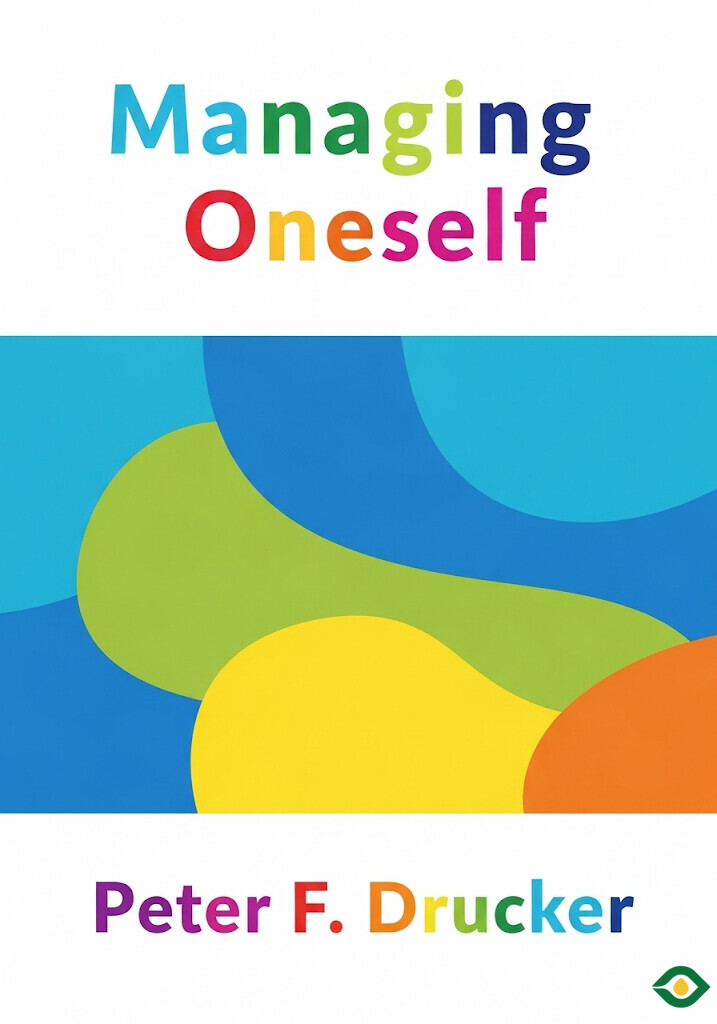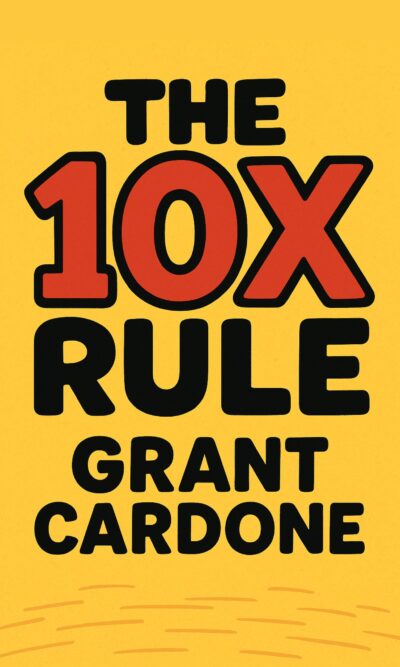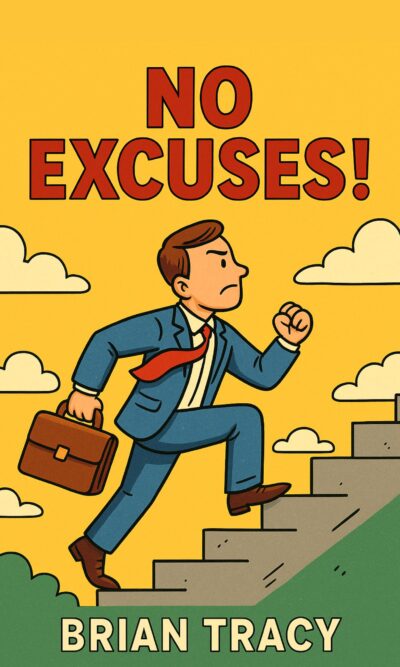Description
Managing yourself is one of the most important skills you can ever develop. The way you understand your own strengths, weaknesses, learning style, and working preferences determines how successful and fulfilled you will be in both your career and your personal life. Yet many people go through life without ever truly knowing themselves. They guess at their strengths, assume they know their weaknesses, and often make choices based on false beliefs about what they can or cannot do. This book encourages a different path: take the time to understand yourself deeply, and then build a life around what you do best.
A common example of this problem is seen in job interviews. When asked, “What are your strengths?” most people answer vaguely. They say things like “I’m good at teamwork” or “I work hard.” But these are generic statements that could apply to anyone. They don’t reveal what makes the person truly unique. To give an honest and powerful answer, you need to know your genuine strengths. That knowledge comes only through deliberate effort and reflection.
The tool that helps most with this process is feedback analysis. It may sound fancy, but it is actually very simple. Whenever you make an important decision or take a significant action, write down what you expect will happen. Then, nine to twelve months later, compare what you expected with what actually happened. Over time, this reveals clear patterns. You will see where you consistently succeed, where you often fail, and what habits either help or hurt you. Unlike guesses or opinions, feedback analysis gives you real evidence about how you perform.
Through this process, you will discover your true strengths. Once you know them, you can start shaping your life to maximize those strengths. You will also see your weaknesses more clearly. Sometimes you will find that what you thought was a weakness is not really a problem at all, while in other cases you may discover blind spots that need attention.
From these insights, several practical actions emerge. First, focus your energy where your strengths give you the best chance to succeed. Don’t spread yourself thin trying to be average at many things; instead, invest in areas where you can be excellent. Second, keep improving the strengths you already have. Even strong abilities can grow sharper with practice and learning. Third, avoid ignorance. If your feedback reveals gaps in knowledge that limit your strengths, take steps to fill those gaps. Fourth, correct your bad habits. Sometimes weaknesses are not about talent but about behavior that can be fixed with discipline. Finally, accept your true limits. If you have no natural ability in a certain area, don’t waste years trying to become good at it. Put that energy into what you do best instead.
Beyond strengths and weaknesses, you also need to understand how you process information. Some people are natural listeners; they absorb and remember best when they hear things spoken. Others are readers, needing to see words on paper to grasp their meaning. For example, President John F. Kennedy was a reader, while his successor Lyndon Johnson was a listener. Johnson inherited Kennedy’s staff, who prepared written reports, but since Johnson was not a reader, he struggled to understand them. This mismatch contributed to difficulties during his presidency. Knowing whether you are a reader or listener can prevent similar missteps in your own work.
In addition to this, consider how you learn best. Some people learn by writing, like Winston Churchill and Beethoven, who both relied on writing to cement their ideas. Others learn by talking, experimenting, or doing things with their hands. Each style is valid, but problems arise when people try to force themselves into methods that don’t match their natural way of learning. The key is not to change yourself but to recognize and honor the style that works for you.
Another essential aspect of managing yourself is figuring out how you work best. Do you thrive as a leader, or do you prefer being a strong second in command? Do you function best in a team, or do you prefer working independently? Do you need structure and rules, or do you perform better in a flexible environment? Some people flourish in large organizations where roles are clearly defined, while others do their best in smaller, freer settings. Some excel under pressure and deadlines, while others do their best work with steady, predictable schedules.
These questions are not about right or wrong answers; they are about knowing yourself. Problems come when people take on roles that don’t match who they are. A person who needs structure will flounder in a chaotic startup, just as someone who thrives on freedom will suffocate in a rigid bureaucracy. By understanding how you work, you can choose environments where you can shine instead of struggle.
It is also important to think about values. Your values determine whether you will feel fulfilled in your work. You might be highly skilled at a certain task, but if the work clashes with what you believe is important, you will never be truly satisfied. For example, if you value helping others, you may not feel happy working in a company that only cares about profit margins, even if you are successful there. Aligning your work with your values ensures that your performance brings not only success but also meaning.
Managing yourself is not just about career—it also shapes how you contribute to the world. As you grow older, opportunities to make a difference become clearer. You may be able to guide others, share wisdom, or create something lasting. But you can only do this effectively if you understand your own strengths, learning style, and working methods. Otherwise, you may waste energy in directions that do not suit you.
The overall message is simple: do not try to remake yourself into something you are not. Most people never succeed when they attempt that. Instead, focus on who you already are, learn about yourself with honesty, and build on your natural foundation. Use feedback analysis to discover your strengths, keep learning in the way that suits you best, and choose roles and environments that align with your style and values.
When you know yourself well, you stop wasting time on things you cannot change. You stop chasing the illusion of being good at everything. Instead, you focus on what you can truly master. This focus brings better performance, more confidence, and greater satisfaction. In the end, managing yourself is not just about getting ahead in your career—it is about living a life that fits you, a life where your natural abilities, values, and ways of working come together in harmony. That is the true key to lasting success and fulfillment.





